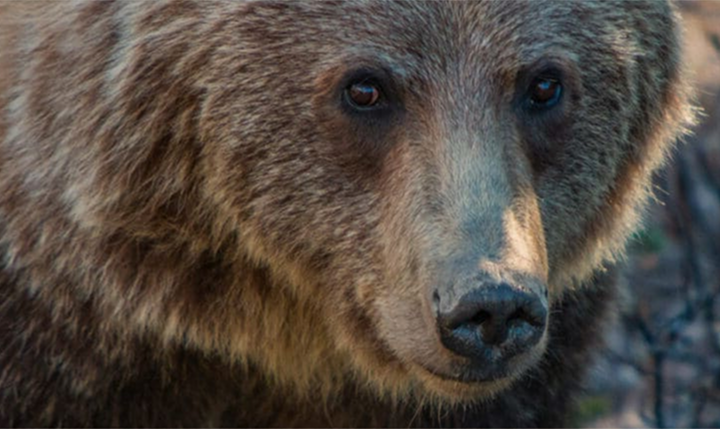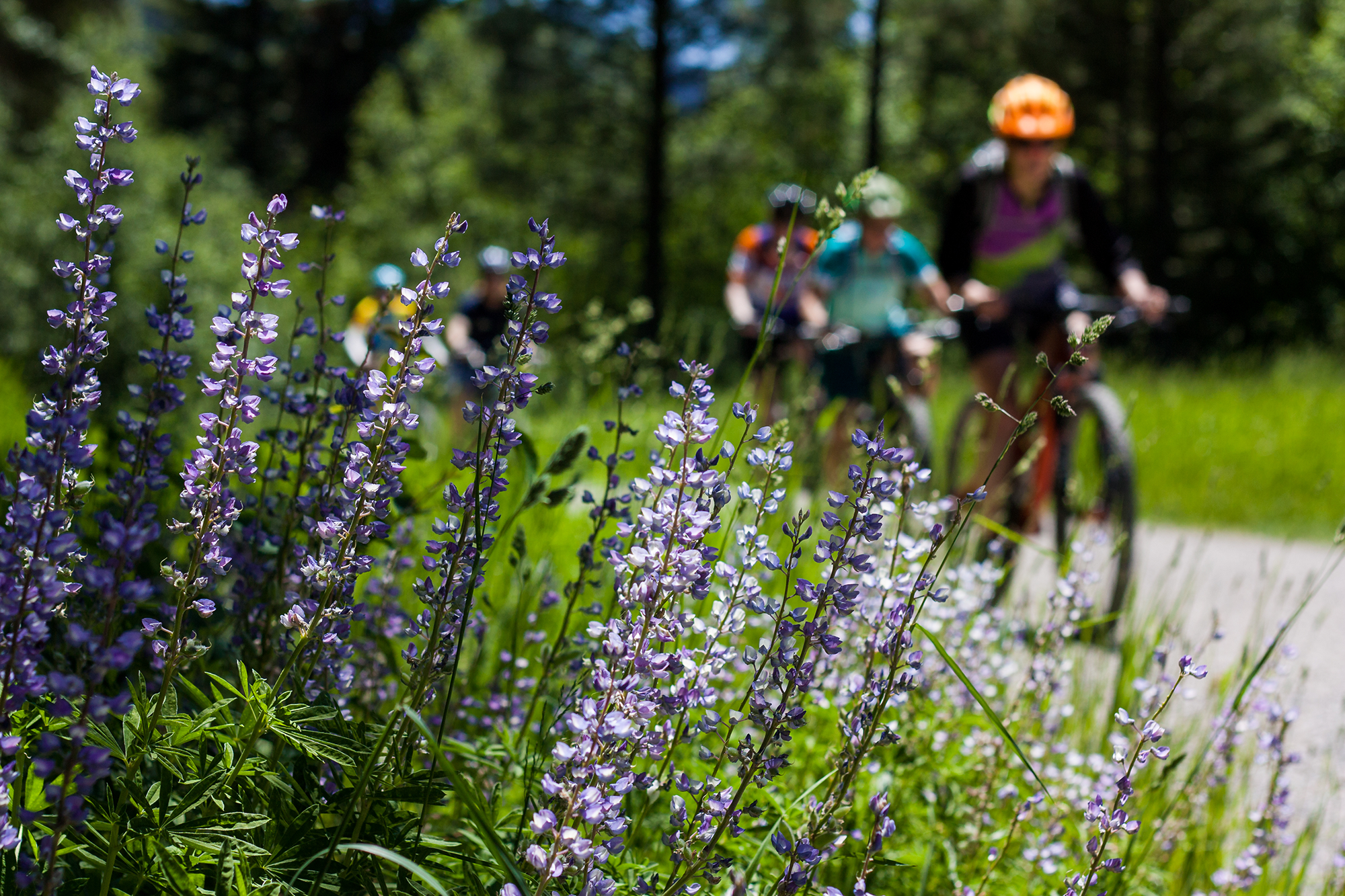Y2Y is among the groups welcoming today’s news of a Kunming-Montreal Agreement to halt and reverse global biodiversity loss by 2030. This historic deal signed at the Conference of the Parties (COP15) in Montreal includes 23 targets that have been adopted by 196 countries under the UN Convention on Biological Diversity, including Canada.
In particular, Y2Y welcomes targets to conserve at least 30 per cent of land, freshwater and oceans globally, respecting the rights of Indigenous peoples and local communities, and recognizing the contributions of Indigenous and traditional territories as important steps toward the conservation that nature needs to thrive in the long term.
“This framework supports efforts across the Yellowstone to Yukon region as well as globally, recognizing that we need to act fast to conserve nature. Conserving areas important for biodiversity in a connected network to achieve 30 percent of nature conserved by 2030 is essential,” says Dr. Jodi Hilty, president and chief scientist of Yellowstone to Yukon Conservation Initiative. “This is ambitious, but achievable, work.”
Notably, some key goals and targets from the 23 in the Kunming-Montreal biodiversity agreement set for action by 2030 include work to:
- Restore 30 percent of degraded ecosystems globally (on land and sea) by 2030;
- Conserve and manage 30 percent of areas (terrestrial, inland water, and coastal and marine) by 2030;
- Stop the extinction of known species, and by 2050 reduce tenfold the extinction risk and rate of all species (including unknown), and;
- Tackle climate change through nature-based solutions.
Canada’s pledge includes:
- A domestic strategy and action plan to halt and reverse nature loss in Canada that should include new legislation for accountability to biodiversity commitments
- $800 million in support of Indigenous-led conservation
- $600 million in new commitments for international biodiversity finance
- At least $20 million of federal funding to expand conservation in the Yukon through the Canada-Yukon Nature Agreement
While the United States is one of a few countries yet to ratify the Convention on Biological Diversity, they did pledge to conserve 30×30 through the High Ambition Coalition.
A key part to advance this goal is financing, with at least US$200 billion per year in domestic and international biodiversity-related funding from all sources, both public and private, to mobilize conservation efforts globally. The signatories have also pledged to reduce subsidies deemed harmful to nature by at least $500 billion by 2030. This includes having developed countries commit to providing developing countries with at least $20 billion per year by 2025, and $30 billion per year by 2030.
“We are buoyed by this historic agreement, especially with Canada’s leadership in upholding the rights and jurisdiction of Indigenous peoples and partnership with them to protect nature. Indigenous-led conservation is an important part of moving towards an equitable, just future. The clock is ticking on the 2030 deadline, but we’re already putting words into action. Together we can create a stronger future for all,” says Sarah Palmer, Y2Y’s government relations and policy strategist. “Our congratulations go to Canada’s government and the leadership of the Minister of Environment and Climate Change on forging a path ahead — and on the hard work yet to come.”
Y2Y looks forward to continued engagement with Indigenous, federal and provincial governments, communities as well as our many partners on enacting this agreement to see solutions on the ground in the years ahead.


